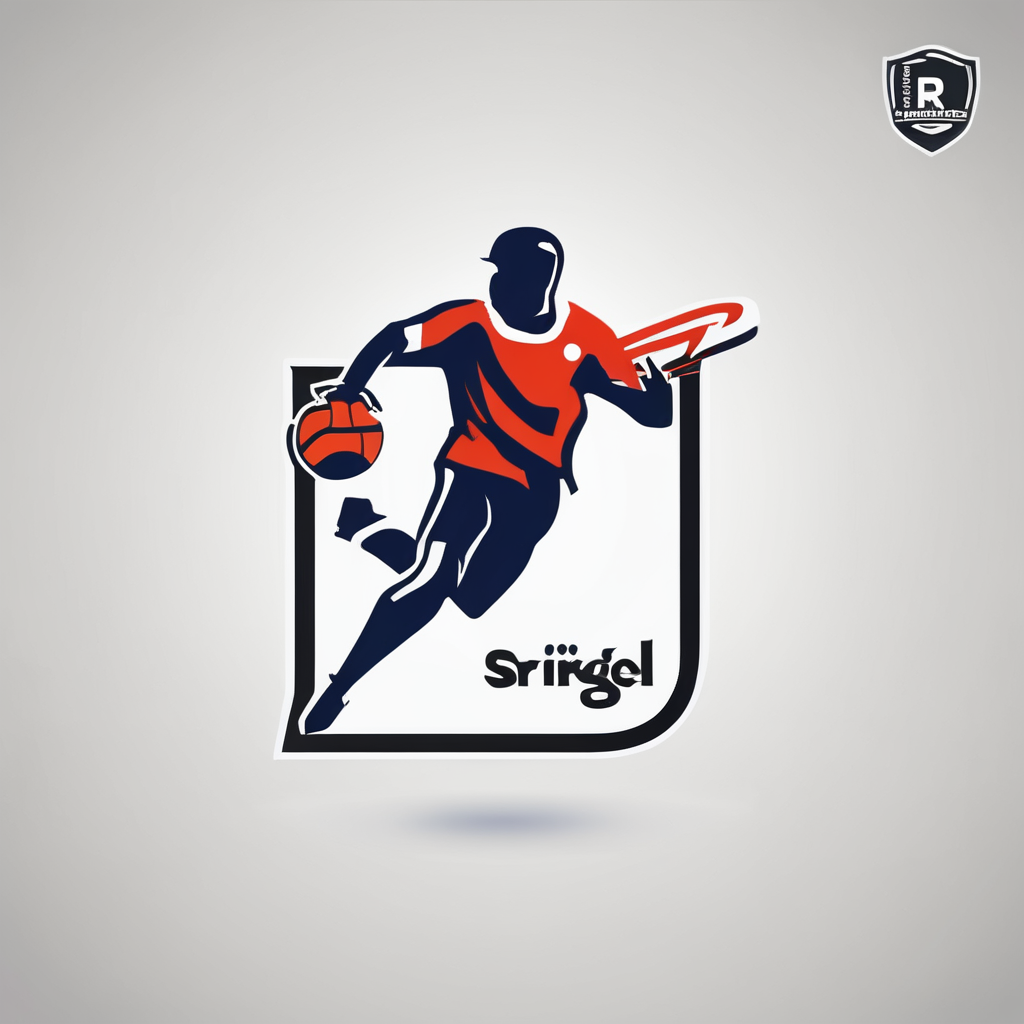Understanding Mental Fortitude
Mental strength plays an essential role in sports, acting as the psychological backbone for athletes facing the pressures of international competitions. At its core, mental fortitude is the ability to remain focused, composed, and determined, no matter how challenging the situation. It is this inner resilience that often distinguishes top performers from the rest.
A large part of sports psychology dedicates itself to understanding and cultivating this attribute. Resilience empowers athletes to bounce back from setbacks, adapt to changing circumstances, and maintain performance despite adversities. This involves psychological principles such as cognitive flexibility and emotional stability. Cognitive flexibility allows athletes to think abstractly and switch strategies when required, whereas emotional stability helps them maintain composure under pressure.
Also read : Maximizing Agility: Ideal Flexibility Training Regimen for Cricket Players
For athletes, developing mental fortitude is not just advantageous; it is often necessary. When competing on the international stage, physical preparation must be complemented with mental strength. Without it, even the most gifted athletes may falter in high-stakes moments, unable to cope with the stress and expectations placed upon them. While talent and physical prowess grab headlines, it’s often resilience that seals victories when the margins are razor-thin.
Psychological Techniques for Athletes
In the high-stakes world of sports, athletes increasingly turn to psychological strategies to elevate their game. One powerful technique is visualization, where athletes mentally rehearse their actions, simulating successful outcomes. This practice can improve performance enhancement by honing muscle memory and enhancing confidence.
In the same genre : Mastering Marathon Recovery: An In-Depth Guide to Optimal Post-Race Rest
Positive self-talk is another effective tool athletes use. By consistently using affirmations, athletes reinforce a mindset of success. This method helps reframe negative thoughts, promoting a more proactive and determined attitude during competitions.
Goal setting stands as the backbone of mental preparation. Establishing clear, achievable objectives gives athletes direction and motivation. By focusing on both short-term and long-term goals, performers can measure progress and remain committed to their training regimes. This structured approach instills discipline and ensures that athletes are mentally prepared for the rigours of international events.
Incorporating these techniques into daily training can significantly fortify an athlete’s mental framework, translating into tangible performance enhancement. In the end, the mastery of these psychological tools can make a profound difference, helping athletes to navigate challenges and emerge victorious.
Mental Resilience Training Strategies
Developing mental training strategies can significantly impact an athlete’s ability to cope with pressure and adapt to new challenges. At the core lies emotional control, which athletes cultivate to manage their responses strictly during competitions. Techniques such as deep breathing and self-reflection encourage athletes to understand and regulate their reactions, thus maintaining emotional intelligence.
Developing Emotional Control
Emotional control is anchored in various coping strategies. Athletes might utilize visualization and meditation exercises to comprehend and influence their emotions. Such exercises are critical, especially when internal or external factors threaten to disrupt focus. Athletes enhance their adaptability by practicing these strategies consistently, preparing themselves for unexpected events.
Building Focus and Concentration
Maintaining focus is crucial, and strategies like mindfulness practices help athletes stay present. Techniques such as guided imagery are utilised to enhance concentration under pressure. By emphasizing adaptability, these methods prepare athletes to pivot swiftly and effectively during competitions.
Stress Management Techniques
To reduce stress, athletes often turn to breathing exercises. These are pivotal in managing pre-competition nerves, allowing the body and mind to relax. Additionally, mastering time management skills lets athletes prioritize tasks and develop a balanced approach to training and rest, minimizing pressures and promoting composure.
Real-Life Case Studies of Successful Athletes
Examining athlete stories reveals insights into how mental strategies contribute to remarkable sports achievements. Consider elite athletes, like Serena Williams, whose capacity to thrive under pressure stems from exceptional mental fortitude. Her career highlights the importance of maintaining focus during critical moments, serving as an exemplary model for aspiring athletes.
Successful athletes often share common traits: resilience, adaptability, and the ability to channel stress positively. Sports psychologists play a pivotal role in cultivating these attributes, providing guidance and strategies to sharpen mental acuity. Collaboration with psychologists helped athletes like Michael Phelps manage pre-race nerves while maintaining a peak performance level.
Another success example is that of Tom Brady, whose mental preparation and keen focus have contributed to his triumphs in high-stakes situations. His story illustrates the vital role mental resilience plays in consistently achieving victory, regardless of the obstacles faced.
By studying these successful athletes, invaluable lessons about mental approaches can be learned. They teach us that persistence, mental agility, and emotional regulation can significantly affect performance. Emulating these champions’ mental strategies equips athletes to navigate pressures and transform challenges into opportunities for growth and success.
Practical Exercises for Mental Fortitude
Incorporating structured mental exercises into an athlete’s routine is crucial for boosting mental strength and performance improvement. These exercises are designed to enhance focus, promote resilience, and aid in managing competition stress.
Daily Mental Conditioning Routines
Establishing daily routines is vital for building and maintaining mental strength. Practices might include morning meditation to center the mind, followed by goal-setting sessions to provide a clear roadmap for the day. Consistent journaling can aid in self-reflection, helping athletes to track progress and identify areas for growth. By committing to these activities regularly, athletes can bolster their cognitive resilience, ensuring they remain mentally agile.
Team-Based Mental Exercises
Group activities provide a unique avenue for fostering mental resilience. Team-based exercises like group visualization sessions or competitive yet supportive challenges can enhance communication and trust among teammates. Engaging together in mindfulness activities strengthens the collective mental framework, creating a supportive environment crucial in high-pressure scenarios. Cultivating these bonds reinforces the team’s ability to thrive under stress.
Long-Term Mental Development Strategies
For sustained mental fortitude, athletes should develop personalized resilience plans, incorporating ongoing practices such as mindfulness training and regular check-ins with sports psychologists. These strategies not only ensure consistent mental agility but also prepare athletes for long-term success by emphasizing adaptability and perseverance in their development plans.
Tips for Managing Competition Stress
Feeling anxious before a big competition? You’re not alone. Managing competition anxiety is crucial for consistent performance. Pre-competition rituals can serve as powerful tools for athletes, helping establish a sense of routine and control. Rituals such as listening to calming music, engaging in familiar warm-up exercises, or practising visualization can significantly mitigate stress levels.
During competitions, maintaining calm is pivotal. Techniques like deep breathing and progressive muscle relaxation are effective for immediate stress relief. These methods work by activating the body’s natural relaxation response, reducing tension and keeping the mind focused. Athletes should also practice positive self-talk, affirming their abilities and reinforcing their mental preparation.
Post-competition recovery is equally important for mental health. Allowing yourself mental breaks can prevent burnout and foster resilience. Consider activities that promote relaxation, such as spending time in nature or engaging in light meditation. Structuring downtime effectively ensures that athletes remain refreshed and ready for future challenges.
By incorporating these stress management strategies, athletes can cultivate a more balanced and positive approach to competitions, ultimately enhancing both their enjoyment and performance under pressure. Remember, mastering stress management is an ongoing journey, but each step can drastically improve your sports experience.
Recommended Readings and Resources
Nurturing mental fortitude is an ongoing journey for athletes and enthusiasts alike. For those seeking to dive deeper, a wealth of sports psychology resources is available. Books such as “The Champion’s Mind: How Great Athletes Think, Train, and Thrive” by Jim Afremow provide valuable insights into mental preparation and techniques for enhancing performance. This book underscores the significance of positive self-talk and visualization in building a champion’s mindset.
In addition to books, engaging with expert interviews can unearth new perspectives. Podcasts like “The Mindside Podcast” offer unique insights from sports psychologists and elite athletes on cultivating resilience, tackling competition anxiety, and leveraging performance enhancement strategies. These discussions offer practical tips and inspire listeners to reevaluate their mental game.
For a more hands-on approach, online courses and workshops explore visualization techniques and emotional intelligence. Platforms like Coursera host courses on sports psychology, offering structured learning paths designed to bolster mental skills and foster adaptability.
For athletes dedicated to honing their mental strength, these resources empower them with the knowledge and tools needed to elevate their performance. Delve into these enriching materials and unlock the potential within.





